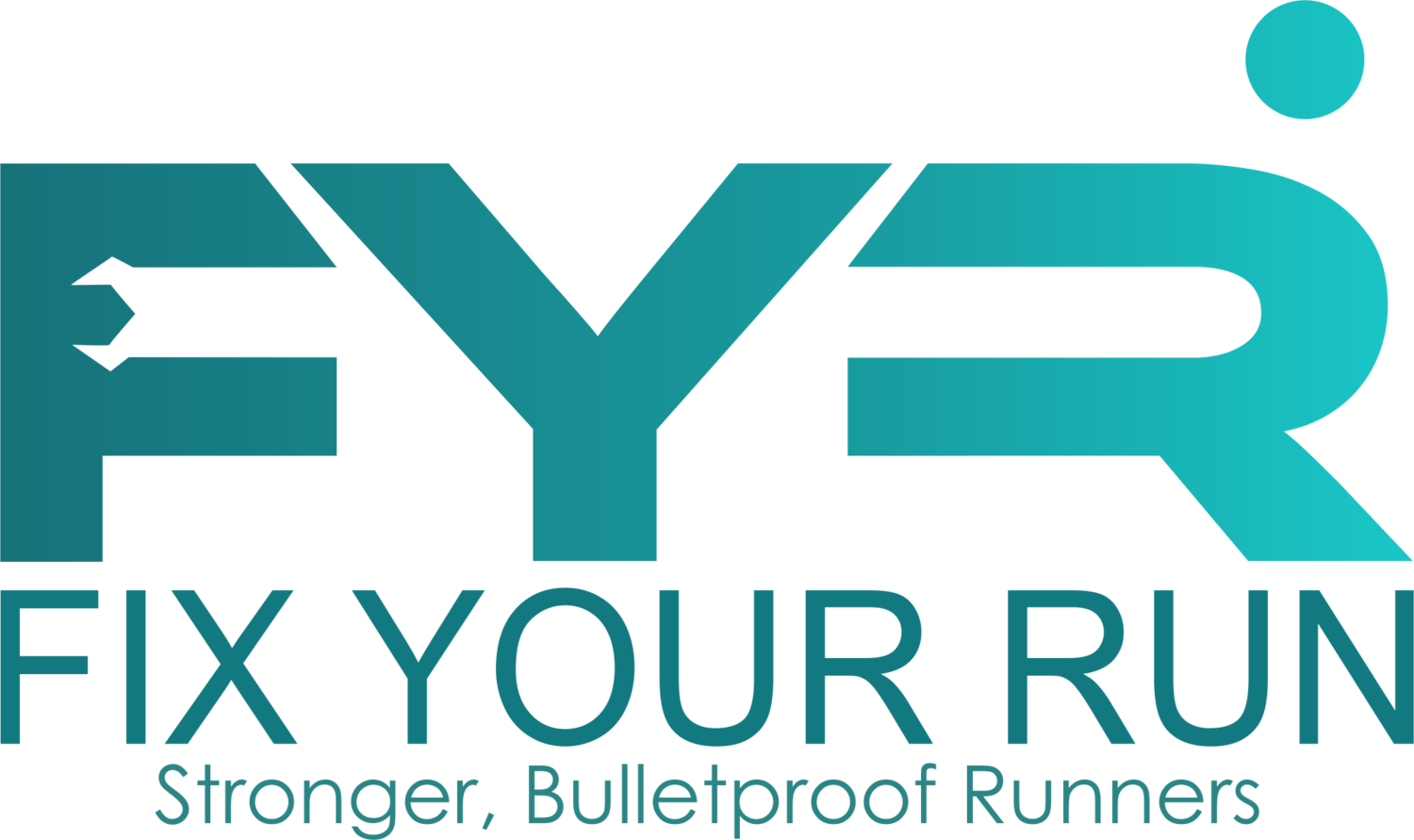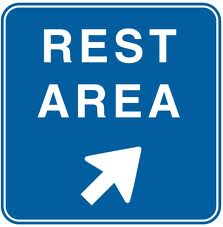I love running on trails, but living and working in Center City, Philadelphia usually means lots of rock hard sidewalks and congestion. Today I decided to see just how little of that I could encounter.
Maintaining a Training Effect While Injured
Rest. It's what the doctor ordered, right? You're hurt and the glaringly obvious solution is to rest. What doc is trying to say is that you should take a rest from the activity that is causing the injury. If running is hurting you, then stop running and let it heal. This does NOT (necessarily) mean stop training.
Nose Breathing For ALL Runs?
I was recently asked for some clarification regarding my nose breathing post. In it, I detail all of the benefits of breathing solely through the nose. (There are a lot) The question I received was essentially: should one breathe that way all the time if one is running “easy pace”? In other words, if you're running easily, are you better off breathing solely through the nose?
Planning For Your Fitness Peak
Setting personal best times, beating the competition, and accomplishing goals that once seemed unattainable are just some of the outcomes that are possible when you are in peak condition. Once you've acquired a taste for the feelings associated with being in that sort of shape it can be hard to have it any other way. Here are some questions to consider when thinking about your goals for 2014.
Shut Your Mouth: Endurance The Easy Way
Caught in the Training Whirlpool?
How To Recover From The Big Race
Do You Have The Confidence To Rest?
“Rest?? I don't want to lose fitness!!!”
Which voice rings true for you?
Well, I can appreciate both sides on this issue. Once we establish a training groove – and we're seeing results – it can be almost paradoxical to believe that rest will benefit us.
Do you train year-round? We believe by being consistent and faithfully putting in our time we will be rewarded with ever-improving fitness.
But is that how it really works?
I could send this post any number of directions, but I'm going to keep it 'big picture'.
Let's say you want to be a better athlete. You want to run longer distances. You want to lift more weight. You want to run faster. You want to be in better shape than last year, etc. Obviously, you will need to train consistently for this to happen.
In my personal and professional experience however, I have seen greater season-to-season improvement following a period of greatly reduced training or even, gasp, complete rest.
Someone once likened your body to a sponge. In order to soak up additional fitness gains, you need to lose a bit first.
The secret that many experienced athletes know is that you really don't lose much fitness when you take a month to recharge. There are so many different aspects of fitness – neuromuscular coordination, capillary density, aerobic ability, muscular strength and endurance, bone density, tendon/ligament integrity, etc. You'd have to completely shut down for MONTHS to lose the years of development you've accumulated.
What am I saying?
It's all in your head.
I'm saying that you have to get over your insecurities. Be confident that after 10 or 11 months of solid, consistent training, you deserve a recovery period. Don't let that OCD voice in your head tell you otherwise.
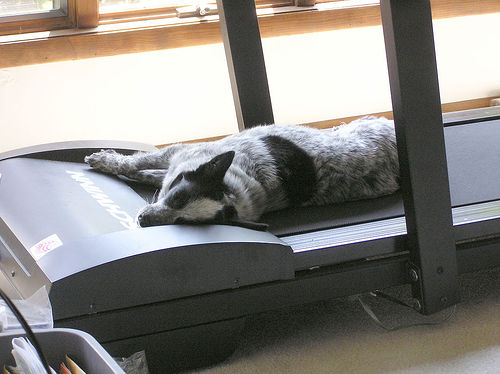 And yeah, I know. Sometimes rest is forced upon us. Work, travel, sickness, and injury can all significantly disrupt our training. Sometimes the timing is good and it's a blessing in disguise. Sometimes the timing sucks and we have to forfeit an important event. Either way the key is to listen to the body. You'll never regret it.
And yeah, I know. Sometimes rest is forced upon us. Work, travel, sickness, and injury can all significantly disrupt our training. Sometimes the timing is good and it's a blessing in disguise. Sometimes the timing sucks and we have to forfeit an important event. Either way the key is to listen to the body. You'll never regret it.
I want you to chew on this thought the next time you find yourself in the best shape of your life:
Take a little break and be confident that you're doing the right thing. I dare you!
PS: Rest doesn't mean veg-out couch time. It means experience different forms of movement. Try dancing. Try climbing. Cut the intensity. Cut the amount or volume of training. Think of this time period as a opportunity to address underlying issues like a poor movement pattern or focus on yoga. Is there something (or someone?) you neglected while you were busy training?
PPS: And yeah, I know my timing isn't good either. Everyone is ramping up their training after the holidays and this may not apply to you now that it's February. But hey, file it and keep this perspective in your 'toolbox'. :-)
5 Winning Defensive Strategies For Runners
While discussing a plan of action with a new client the other day I made an analogy that you might find interesting. I equated 'the little things' like soft tissue work, to playing good defense. Your defense allows you to keep playing. In the end, if you're sitting on the sidelines, you're not improving and you're not having any fun! Therefore, we can break our training down into two parts: offense and defense. Our offense is, of course, our running. Any form of running is going to be offensive to our body. And that's a good thing! It causes several markers of physiology to breakdown slightly and, after some time to recover and absorb the stress, we become healthier and are able to run better.
Our defense is anything that enhances our ability to continue running at an acceptable level. This side of the equation is the side that everybody nods and says they know about, but somehow forgets to implement... until it's too late. In my experience, Type A personalities more frequently neglect this stuff because once they've checked 'RUN' off of their list it's on to the next item. You know who you are.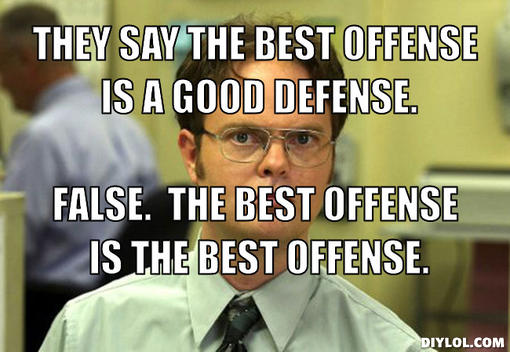
Granted, playing defense is not as fun, it's not glamorous, and sometimes it can be downright boring. But so can missing out on that one cool, crisp, oasis of a morning during an endless hot, humid summer. Get it? You wanna be a runner? These are the rules of the game.
Here are my 5 favorite, must-do, highly effective defensive strategies:
Hydration – Listen, if you're not hydrated, nothing works well. At the cellular level hydration is critical for energy to be produced and for your body to be in an optimal state. Your muscles and fascia must be well lubricated to allow excellent movement with minimal restrictions. If you're training, consider 80-100 oz per day. Drink throughout the day, not all at once.
Clean Eating – Whether your goal is to race fast or to look better, you need to chose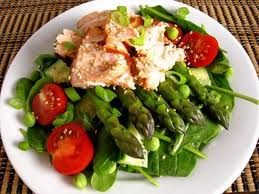 your foods wisely. I know people who think that because they run, they can eat whatever they want. Huh? So, because you move your body, you can eat crap? That makes absolutely no sense and demonstrates a serious disconnect (not to mention lousy relationship with food). Here's what's on my plate for dinner: 2-3 servings of veggies, 1 serving of lean protein, 1 serving of healthy fat. How simple is that? If I just trained, then I'll throw a starchy carb into the mix. Always seek out real, unprocessed, whole foods.
your foods wisely. I know people who think that because they run, they can eat whatever they want. Huh? So, because you move your body, you can eat crap? That makes absolutely no sense and demonstrates a serious disconnect (not to mention lousy relationship with food). Here's what's on my plate for dinner: 2-3 servings of veggies, 1 serving of lean protein, 1 serving of healthy fat. How simple is that? If I just trained, then I'll throw a starchy carb into the mix. Always seek out real, unprocessed, whole foods.
Soft Tissue Work – Sure, you can spring for a massage as frequently as possible, but for the rest of us there's a more affordable option: the foam roller. (Or the Stick, Tiger Tail, lacrosse ball, tennis ball, Trigger Point Therapy...) With an investment of 2-5 minutes a day, you get happy, reliable muscle function. Nice! Also: Frequency trumps intensity here. Go gentle and be consistent. I like to do this before bed as a way to relax and maintain high tissue quality.
the rest of us there's a more affordable option: the foam roller. (Or the Stick, Tiger Tail, lacrosse ball, tennis ball, Trigger Point Therapy...) With an investment of 2-5 minutes a day, you get happy, reliable muscle function. Nice! Also: Frequency trumps intensity here. Go gentle and be consistent. I like to do this before bed as a way to relax and maintain high tissue quality.
Sleep – This is really where the magic happens. Every marker of health and fitness depends on sleep for improvement. Whether you want to burn fat, gain muscle, increase speed and endurance, or just give a kick-ass presentation at work tomorrow you can't afford to miss 'a few hours here and there'. So, rather than simply having a goal of getting more sleep, set a goal of turning off your TV, computer and cell phone one hour before sleep. Habits like sleeping 8 hours regularly actually depend on other habits like shutting off electronics well before bedtime.
Yoga / Meditation /Zoning Out – I don't care if you just stare out a window for 10 minutes, you need some time everyday where you allow your parasympathetic nervous system to become dominant. Wait, what? I'm just saying that between running, working, planning, organizing, texting, socializing, medicating, drinking, caffeinating, etc. we are stressing the heck out of our sympathetic (“fight or flight”) nervous system. We need some balance to the system. Try “stressing” your parasympathetic side (“rest and digest”) more and you will feel better. By combining ancient movement training and relaxation into one package, you can't go wrong with a dose of yoga. Simply practicing a Sun Salutation sequence daily will reinforce good postural and movement patterns that would otherwise degrade due to our predominantly sedentary lifestyle.
There you have it- my top 5 daily defensive strategies. At some point you may find yourself coming down with some running related pain. Always cover your bases and look at your defense. Are you employing these basic, but effective strategies? There's a good chance that you've neglected yourself.
Life can take over and you may find yourself thinking, “I just have to squeeze my run into my schedule”. Well, I understand. Just know that running is only half the game and if you only play offense, you're gonna get beat eventually.
Do YOU have any tricks that you feel have helped you stay injury free? Share below, please!
(There are a million sports related cliches I could have injected into this article. You're welcome!)
